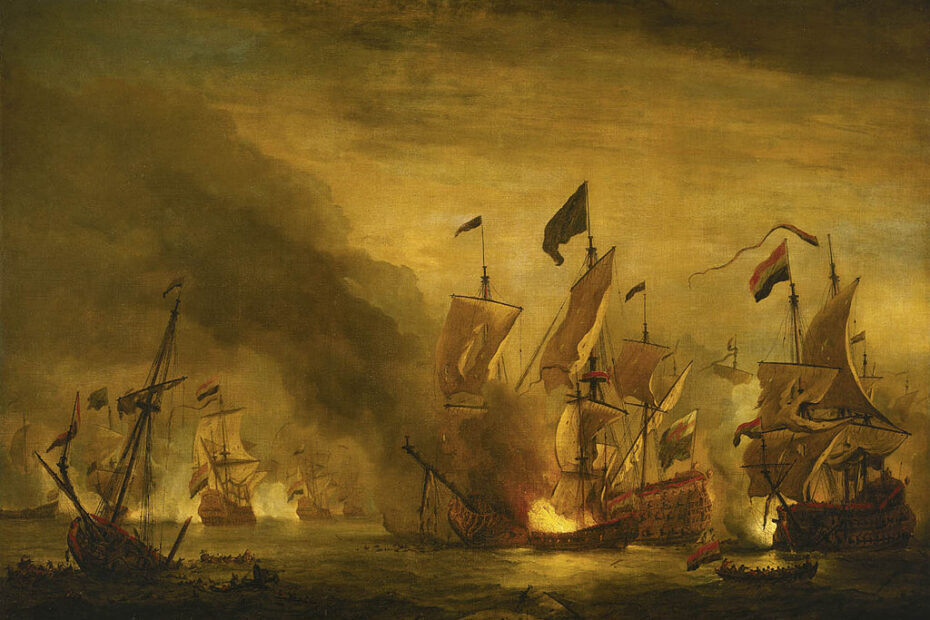Many coastal towns and villages of the east coasts of England and Scotland are steeped in the history of the herring industry. In this extract, Daniel Defoe talks of herring and sprat fisheries from Dunwich to Southwold in 1726 and reflects on the Battle of Sole Bay in 1672. In the 13th century, Dunwich was once one of the largest ports in eastern England, but like many towns on the English east coast suffered severe erosion known as long-shore drift, with buildings on the modern-day cliffs once being a mile inland.
Daniel Defoe travels from Dunwich to Southwold
Hereabouts they begin to talk of herrings, and the fishery; and we find in the antient records, that this town, which was then equal to a large city; paid, among other tribute to the Government, 50000 of herrings. Here also, and at Swole, or Southole, the next sea-port, they cure sprats in the same manner as they do herrings at Yarmouth; that is to say, speaking in their own language, they make red sprats; or to speak good English, they make sprats red.It is remarkable, that this town is now so much washed away by the sea, that what little trade they have, is carryd on by Walderswick, a little town near Swole, the vessels coming in there, because the mines of Dunwich make the shore there unsafe and uneasie to the boats; from whence the northern coasting seamen a rude verse of their own using, and I suppose of their own making; as follows, “Swoul and Dunwich, and Walderswick, All go in at one lousie creek.”
This lousie creek, in short, is a little river at Swoul, which our late famous atlas-maker calls a good harbour for ships, and rendezvous of the royal navy; but that by the bye; the author it seems knew no better. From Dunwich, we came to Southwold, the town above-named; this is a small port-town upon the coast, at the mouth of a little river call’d the Blith: I found no business the people here were employ’d in, but the fishery, as above, for herrings and sprats; which they cure by the help of smoak, as they do at Yarmouth.
This town is made famous for a very great engagement at sea, in the year 1672, between the English and Dutch fleets, in the bay opposite to the town; in which, not to be partial to ourselves, the English fleet was worsted; and the brave Montague Earl of Sandwich, admiral under the Duke of York, lost his life: The ship Royal Prince, carrying 100 guns, in which he was, and which was under him, commanded by Sir Edward Spragg, was burnt, and several other ships lost, and about 600 seamen; part of those kill’d in the fight, were, as I was told, brought on shore here and buried in the church-yard of this town, as others also were at Ipswich.
Vision of Britain: Daniel Defoe
